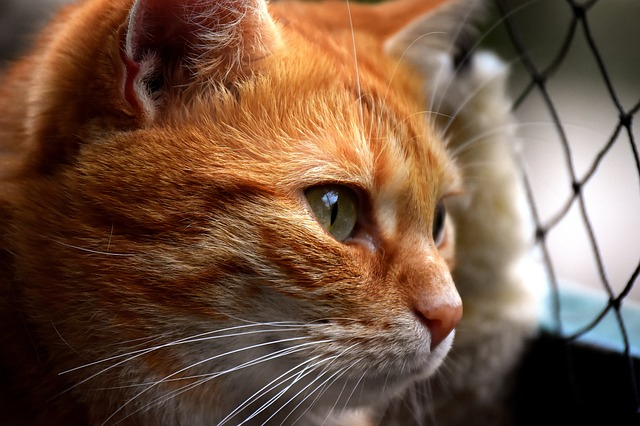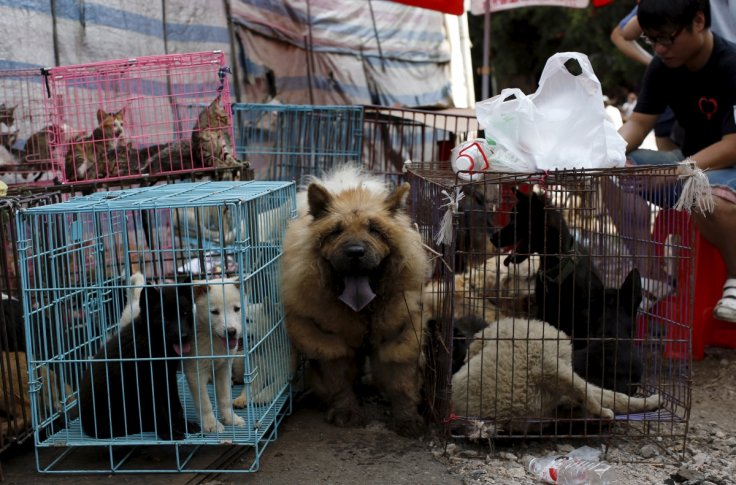A Chinese study has found that cats can transmit the deadly coronavirus to other cats but it isn't enough to convince wet markets in the country to stop selling their meat for consumption.
A team of researchers at Harbin Veterinary Research Institute in China found that cats are highly vulnerable to COVID-19 and the deadly virus can be transmitted through respiratory droplets to other felines. Other animals such as dogs, chickens, pigs, and ducks were found to be less likely to contract the virus.
COVID-19 can be transmitted between cats

As part of the study, a group of five cats were given a high dose of the virus, out of which three were placed in cages next to cats that had not been given the virus. The team found that one of the exposed cats was also infected, indicating that transmission between cats is possible through droplets breathed out by the infected cats. The team replicated the experiment with ferrets and found that they, too, were highly susceptible to coronavirus.
The findings come in the wake of recent reports of a pet cat in Belgium contracting COVID-19 after being in close contact with its owner, as previously reported. A week after the feline's owner fell ill, the cat started developing breathing difficulties and other symptoms such as diarrhoea, and vomiting. Subsequent tests revealed that the cat was infected with COVID-19, which was passed on by its owner.
"Cats and dogs are in close contact with humans, and therefore it is important to understand their susceptibility to SARS-CoV-2 for COVID-19 control," the authors of the latest study wrote in their findings.
Chinese markets continue to sell cats for meat

While there is no evidence to support that cats can transmit the highly contagious virus to humans, China continues to sell cats for their meat at their recently re-opened wet markets, as pointed out by Daily Mail.
According to the publication, a wet market located in the southern Chinese city of Guilin was found to be selling cats as well as dogs for consumption. The market, which kept animals in unsanitary and inhumane conditions, was flooded with thousands of customers, with the fresh dog and cat meat on offer as a traditional "warming" winter dish.
The expose led to international outrage with thousands of netizens taking to social media to criticise China over its decision to reopen its wet markets even after the COVID-19 outbreak was traced to a similar market in Wuhan and potentially exposing the world to other deadly viruses.
The mounting worldwide pressure urged the Chinese city of Shenzhen to pass a ground-breaking law to ban the consumption and production of dog and cat meat, the first city in mainland China to do so. The law will come into effect from May. 1.









